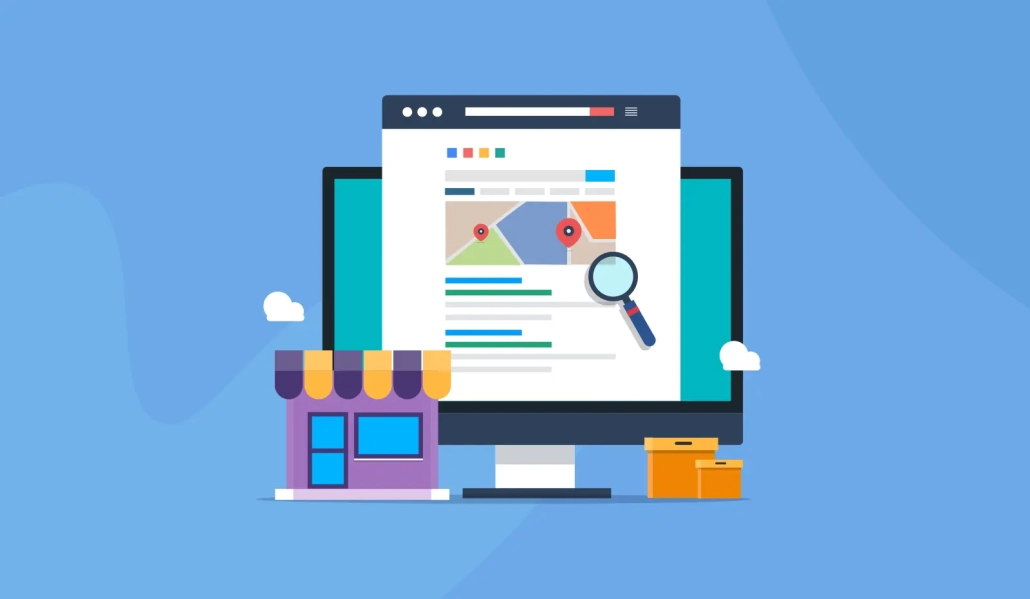
Website accessibility and inclusive design
Website accessibility and inclusive design are crucial aspects of web design that ensure that all users, regardless of ability or disability, can access and use a website effectively. In this article, we'll explore why website accessibility and inclusive design are important for websites.
Legal Compliance
Website accessibility is often a legal requirement in many countries, including the United States and the European Union. The Americans with Disabilities Act (ADA) and the Web Content Accessibility Guidelines (WCAG) provide guidelines for making websites accessible to users with disabilities. Failing to make a website accessible can result in legal action and significant financial penalties.
Increased User Base
By making a website accessible to users with disabilities, businesses can increase their user base and reach a wider audience. This can result in increased traffic, sales, and revenue. Inclusive design also means that the website can be used by users of all ages, cultures, and abilities, providing a better user experience for everyone.
Improved User Experience
Website accessibility and inclusive design can improve the user experience for all users. This can result in increased engagement, a lower bounce rate, and a higher conversion rate. By making a website easy to use for everyone, businesses can improve the overall user experience and increase customer satisfaction.
Better Search Engine Optimization
Making a website accessible and inclusive can also improve its search engine optimization (SEO). Search engines, such as Google, favor websites that are accessible and provide a good user experience. By making a website accessible and inclusive, businesses can improve their search engine ranking, increasing their visibility and driving more traffic to their site.
Better Brand Reputation
Making a website accessible and inclusive can also improve a business's brand reputation. By demonstrating a commitment to accessibility and inclusiveness, businesses can build trust with their customers and establish themselves as a leader in their industry. This can result in increased brand loyalty and a better overall brand image.
Improved Accessibility for All
Making a website accessible and inclusive not only benefits users with disabilities but can also improve accessibility for all users. For example, users with slow internet connections or those using mobile devices can benefit from a website that is optimized for accessibility and inclusive design.
Better Design
Inclusive design can lead to better overall design. By considering the needs of all users, designers can create websites that are more usable, functional, and aesthetically pleasing for everyone. This can result in a better user experience, increased engagement, and improved conversion rates.
In conclusion, website accessibility and inclusive design are important for websites for many reasons. From legal compliance and increased user base, to improved user experience and better brand reputation, making a website accessible and inclusive can have a significant impact on a business's online presence. By considering the needs of all users, businesses can create websites that are functional, usable, and enjoyable for everyone, helping to drive traffic, increase sales, and achieve a better return on investment.





